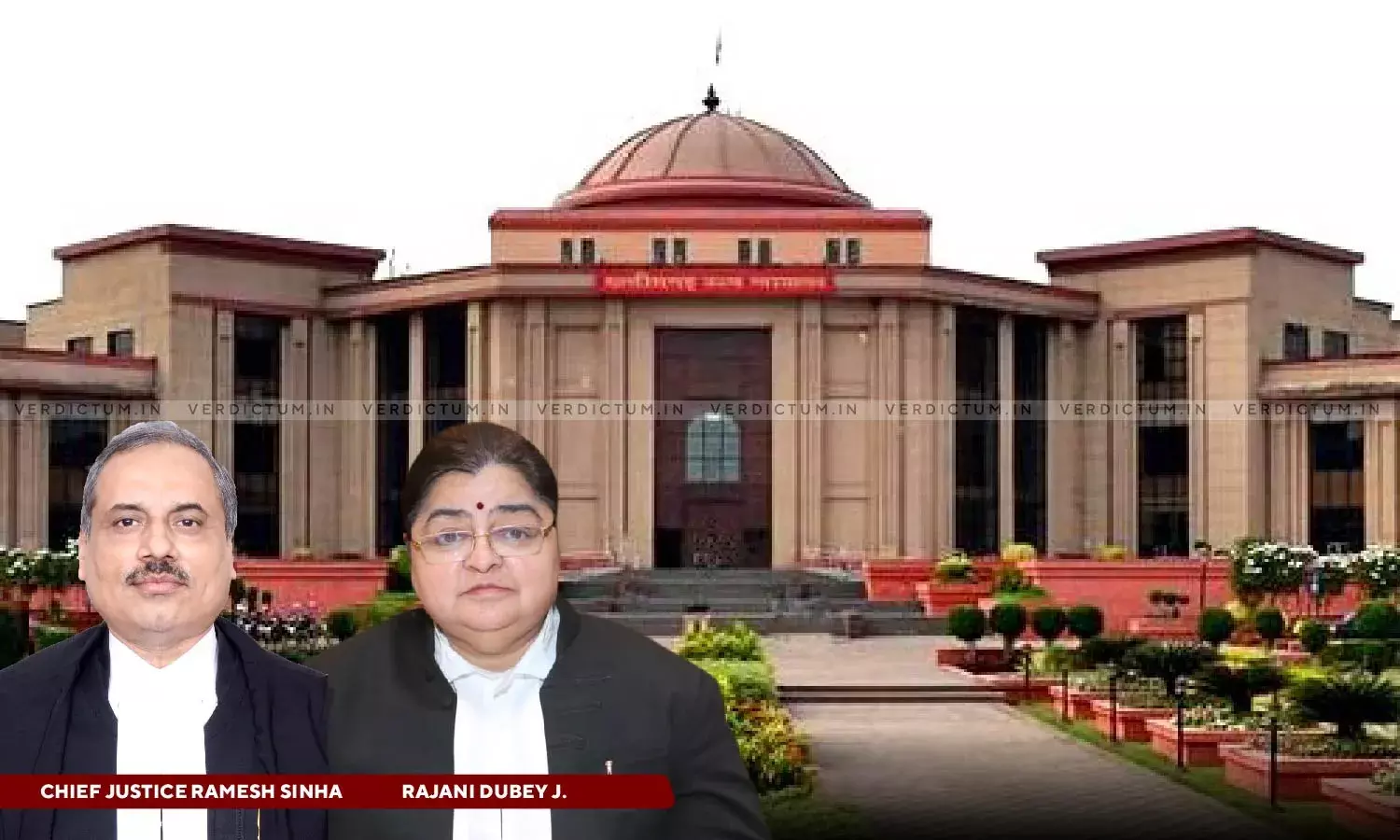Child Of Tender Age Is Competent Witness If It Appears To Understand Questions And Give Rational Answers: Chhattisgarh HC
The Chhattisgarh High Court held that a child of tender age can be a competent witness if it appears to understand the questions and give rational answers thereto as per Section 118 of the Evidence Act.
The Court explained that it was the duty of the Court to ascertain whether a child witness possessed the intellectual capacity and understanding to provide a rational account of “what it has seen, heard or done at a particular occasion or in other words, the witness understands the duty of speaking truth or not."
A Division Bench of Chief Justice Ramesh Sinha and Justice Rajani Dubey observed, “Even a lunatic, if he is capable of understanding the questions put to him and giving rational answers, is a competent witness. With respect to children, no precise age is fixed by law within which they are absolutely excluded from giving evidence on the presumption that they have not sufficient understanding. A child is not an incompetent witness by reason of its age. A child of tender years is not, by reason of its youth, as matter of law, disqualified as a witness.”
Advocate Pushpendra Patel represented the appellant, while AAG R.S.Marhas appeared for the respondent.
The prosecution alleged that the accused, who was in an illicit relationship with the victim's wife, had murdered the husband by slitting his throat with a knife. The prosecution relied on the testimony of a child witness, the daughter of the victim husband and his wife, who had deposed that she witnessed her mother holding her father's legs while the other accused slit his throat.
The accused was convicted of murder by the trial court based on the sole testimony of the six-year-old daughter of the victim. The defence challenged the daughter's testimony, arguing that relying solely on the child's statement for conviction should require corroboration from other evidence, given the possibility of her being a tutored witness.
The High Court affirmed the death of the victim as homicidal in nature based on the testimony of the doctor who conducted the postmortem.
The Court examined Section 118 of the Evidence Act which deals with the question of the competency of a person to testify and explained that “all persons are competent to testify, unless they are, in the opinion of the Court, (a) unable to understand the questions put to them, or (b) to give rational answers to those questions, owing to (I) tender years, (ii) extreme old age, (iii) disease of mind or body, or (iv) any other such cause.”
The Court explained that a child cannot be an incompetent witness simply by reason of age. Section 118 of the Evidence Act vests the Court with the discretion to decide whether an infant can or cannot be disqualified as a witness based on its understanding or lack of the same.
Answering to the question raised by the defence, the Court observed, “Though no precise criteria for appraising the evidence of a child witness can be laid down, yet one broad test is whether there was possibility of any tutoring. If this test is found in positive, the Court will not, as a rule of prudence, convict the accused of a major offence on the basis of child evidence unless it is corroborated to material extent in material particulars, directly connecting the accused with the crime.”
Consequently, the conviction and sentence awarded by the trial court was upheld.
Accordingly, the High Court dismissed the appeal.
Cause Title: Kuldeep Sahu v. State of Chhattisgarh (Neutral Citation: 2024:CGHC:12406-DB)
Appearance:
Appellant: Advocate Pushpendra Patel and Mahendra Sisodiya
Respondent: AAG R.S.Marhas




